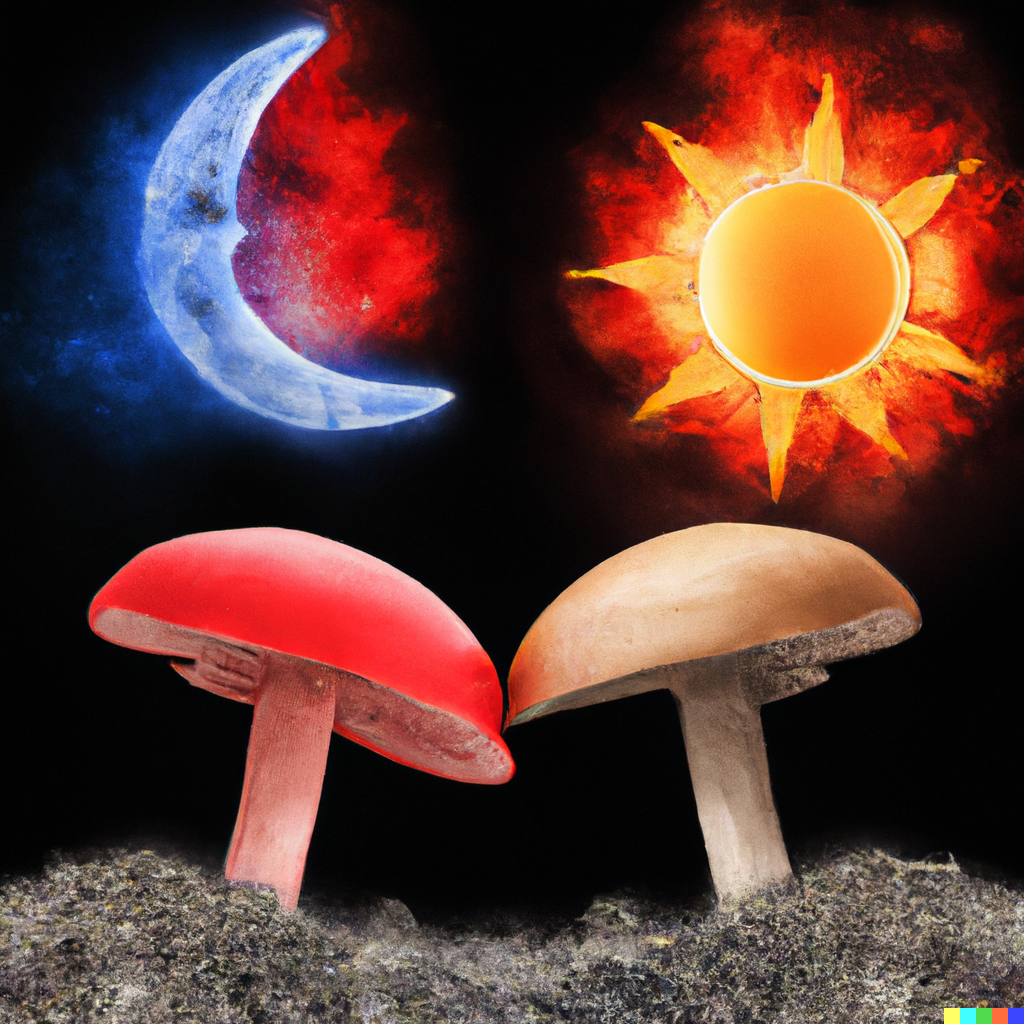
Chaga and Brain Health: Can This Antioxidant-Rich Mushroom Protect Your Mind?
In the world of natural remedies and superfoods, few have gained as much attention as functional mushrooms. Among them, Chaga (Inonotus obliquus) stands out for
5% Rewards on Every Purchase | Free Shipping On Orders $99+

Mushroom health supplements have gained significant popularity in recent years due to their potential health benefits. However, to maximize the benefits of these supplements, it’s essential to choose the right mushroom regimen for your specific health needs and determine the best time to take them. In this blog post, we will explore how to choose the right mushroom regimen and the pros and cons of taking mushroom supplements in the morning versus the evening.
Choosing the Right Mushroom Regimen
Mushrooms have different health benefits depending on their variety. Here are some common mushroom varieties and their associated health benefits:
It’s essential to choose the right mushroom supplement for your specific health needs. Speak to your healthcare provider or a certified mushroom supplement expert to determine which supplement is best for you.
When to Take Mushroom Supplements
Once you’ve determined which mushroom supplement is best for you, the next step is to decide when to take it. Here are some pros and cons of taking mushroom supplements in the morning versus the evening:
Morning:
Pros:
Cons:
Evening:
Pros:
Cons:
Ultimately, the best time to take mushroom supplements depends on your individual needs and preferences. It’s crucial to speak to your healthcare provider before adding any new supplement to your routine to ensure their safety and effectiveness.
Conclusion
Mushroom supplements offer many potential health benefits, but choosing the right mushroom regimen and determining the best time to take them is essential. Choosing the right mushroom supplement for your specific health needs and discussing with your healthcare provider when to take them is critical to achieve maximum benefits. Whether you prefer taking your mushroom supplements in the morning or evening, it’s essential to monitor their effects and adjust your regimen as needed. With the right regimen and timing, mushroom supplements can help support your overall health and wellbeing.

In the world of natural remedies and superfoods, few have gained as much attention as functional mushrooms. Among them, Chaga (Inonotus obliquus) stands out for

In today’s fast-paced, screen-saturated world, more and more people are struggling with brain fog—that frustrating feeling of mental cloudiness, poor focus, and sluggish thinking. Whether

Wood Ear mushrooms (Auricularia auricula-judae), known for their crunchy texture and subtle flavor, are more than just a staple in Asian cuisine—they might also be